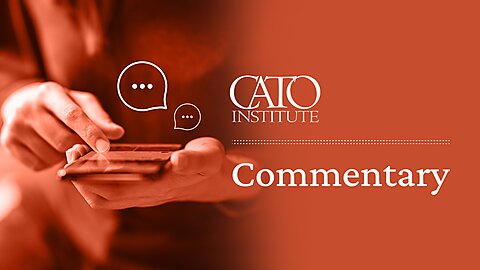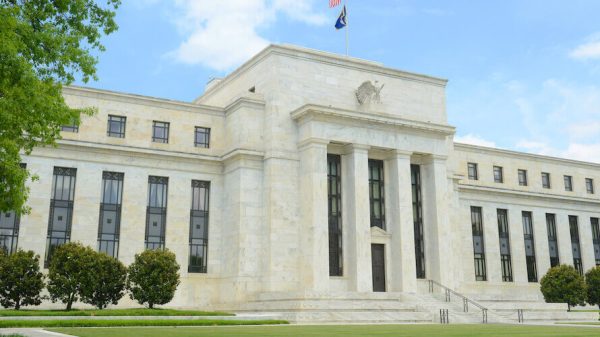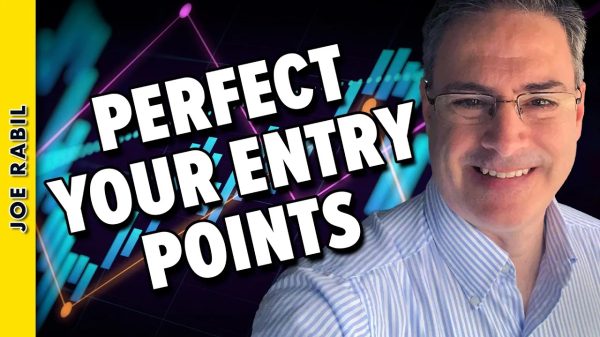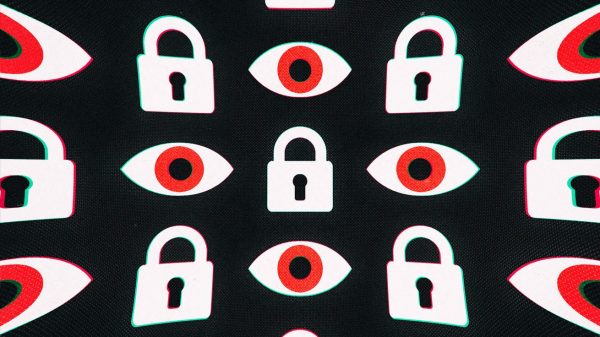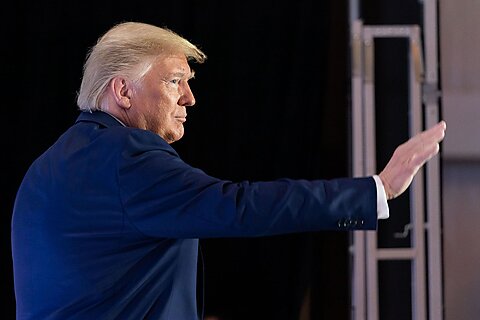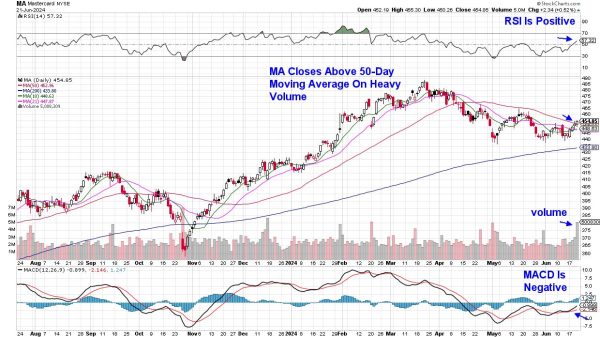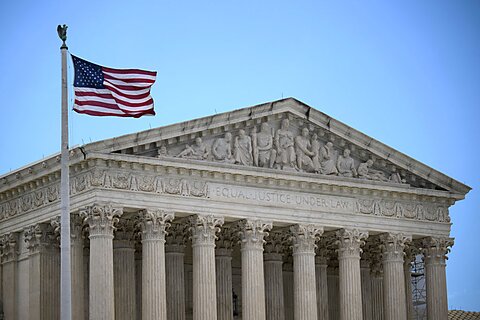Jeffrey Miron and Jacob Winter

The Supreme Court recently threw out a case alleging that Biden administration officials unlawfully pressed social media companies to remove COVID-19-related disinformation. The court found that the plaintiffs did not have standing to sue, so it did not address the free speech or broader policy issues. Future cases with standing are likely, however, so it is important to consider the underlying questions.
Distressingly, many on the left and right want to regulate social media, claiming these outlets inappropriately promote or suppress certain viewpoints. Social media outlets inevitably make choices about whether, how much, and what to promote or suppress on their sites, and their decisions cannot possibly be neutral.
That, however, is the nature of free speech. The defense of the First Amendment is not that all speech is good, correct, or without harmful consequences. Instead, the defense is that controlling speech makes society worse by preventing discussion, expression of different viewpoints, and the vigorous debates that characterize a free society.
The opposing view holds that if content is false and harmful, it might be good overall to keep it offline. It is not possible, however, to restrict this power so that officials can pressure for the removal of only false or harmful content.
In particular, many claims are difficult to prove. Granting officials power in deciding validity privileges those officials’ weighing of the evidence. Additionally, ceding evaluative power to the government promotes a culture where the public is not responsible for evaluating claims themselves. At worst, this would allow government officials to assert that false claims are true, or vice versa, with minimal resistance.
More broadly, it is difficult to know the harmfulness of content. For example, social media platforms moderate content about mental health, such as by suppressing pictures of self-harm. After viewing these images, however, youth have reported varied reactions — from wanting to imitate the harm to offering help and feeling a sense of belonging.
Thus, the antidote to false and harmful content is not government regulation; it is market forces that will provide a range of social media outlets for users to engage with each other.
Social media outlets should therefore be free to choose their moderation policies and political biases — or eschew them — with no interference from the government.

